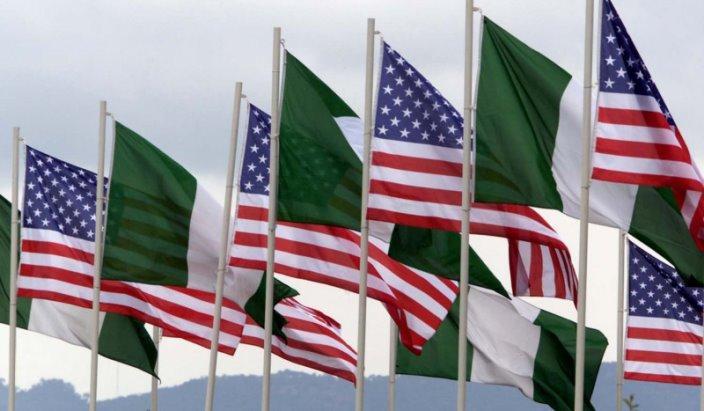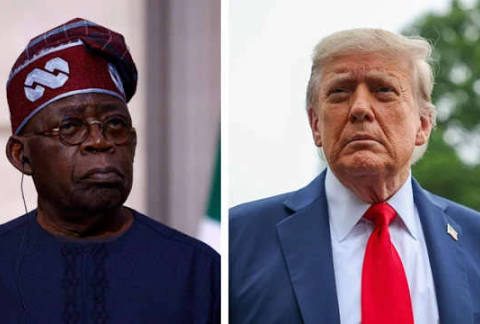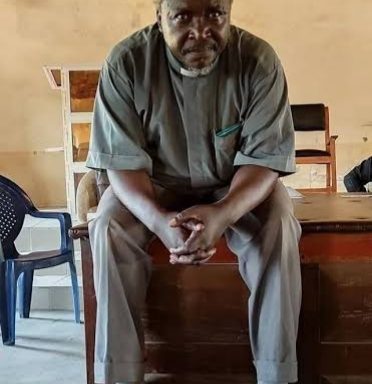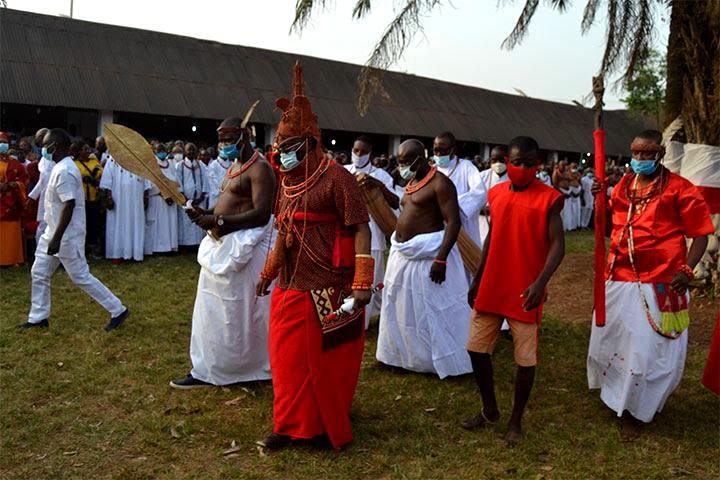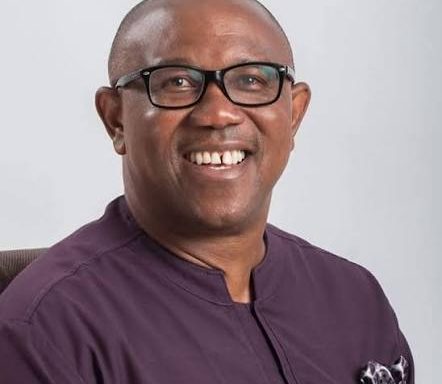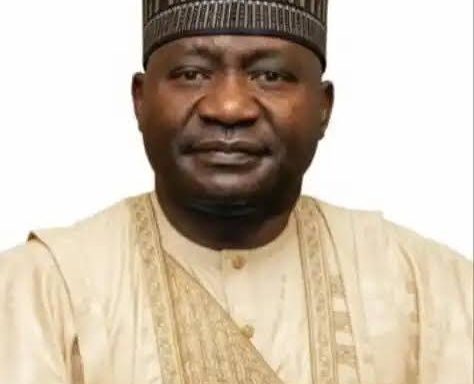President Tinubu has reaffirmed Nigeria’s firm commitment to religious liberty, stating that the country remains a democracy built on constitutional guarantees protecting citizens of all faiths.
In a statement issued on Saturday, the President dismissed recent characterisations of Nigeria as a nation that promotes or tolerates religious persecution, describing such views as inaccurate and unreflective of the country’s reality.
“Nigeria stands firmly as a democracy governed by constitutional guarantees of religious liberty,” Tinubu declared. “The characterisation of Nigeria as religiously intolerant does not reflect our national reality, nor does it take into consideration the consistent and sincere efforts of the government to safeguard freedom of religion and beliefs for all Nigerians.”
Join our WhatsApp ChannelThe President noted that since assuming office in 2023, his administration has maintained “an open and active engagement with Christian and Muslim leaders alike” while continuing to tackle security challenges affecting citizens across faiths and regions.
According to him, religious freedom and tolerance remain core elements of Nigeria’s collective identity and will always guide the nation’s unity and development.
“Nigeria opposes religious persecution and does not encourage it,” Tinubu emphasised, adding that his government is committed to working with the United States and the wider international community to deepen understanding and cooperation on protecting communities of all faiths.
He assured that the Nigerian government will continue to uphold the constitutional rights of all citizens and promote peaceful coexistence among its diverse religious groups.
Amanze Chinonye is a Staff Correspondent at Prime Business Africa, a rising star in the literary world, weaving captivating stories that transport readers to the vibrant landscapes of Nigeria and the rest of Africa. With a unique voice that blends with the newspaper's tradition and style, Chinonye's writing is a masterful exploration of the human condition, delving into themes of identity, culture, and social justice. Through her words, Chinonye paints vivid portraits of everyday African life, from the bustling markets of Nigeria's Lagos to the quiet villages of South Africa's countryside . With a keen eye for detail and a deep understanding of the complexities of Nigerian society, Chinonye's writing is both a testament to the country's rich cultural heritage and a powerful call to action for a brighter future. As a writer, Chinonye is a true storyteller, using her dexterity to educate, inspire, and uplift readers around the world.


